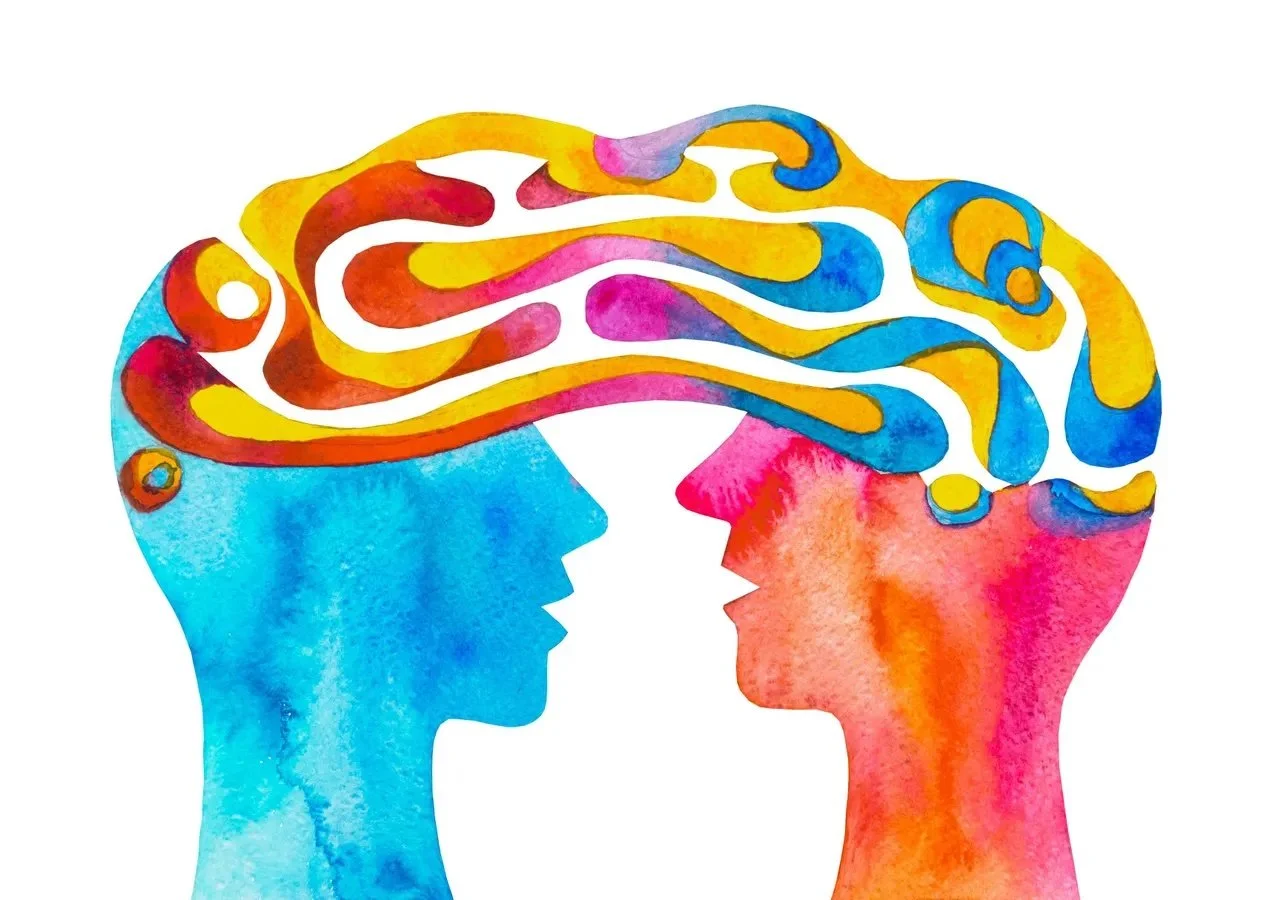This standard essentially reduces the number of debates and disagreements that prevent important decisions from being made. For example, when politicians argue about spending, it's hard to know what they're disagreeing on. One says it's about helping people now, and the other worries about future problems. With Bayesian thinking, they'd have to show their cards: the probabilities of outcomes and how much they value them.
Read MoreBut ethical living isn't mutually exclusive to personal happiness; rather, it offers a pathway to a more meaningful and fulfilling existence. By embracing a global ethic centered around understanding— we redefine our priorities and forge deeper connections with those near and far.
Read MoreBut objectivity is not all there is to it – we need hope. But hope is not just a simple concept: there is epistemic hope versus emotional hope. Epistemic hope reflects our belief in the likelihood of a plan's success, while emotional hope stems from our subjective feelings of optimism or enthusiasm.2 While these two types of hope often align, they can also diverge — we have to make sure we have a balance. We don’t necessarily need hope to work towards making a difference, but it sure makes things a whole lot easier.
Read MoreAt its heart, longtermism says that the well-being of future generations matters just as much as ours. It challenges the idea that time makes our actions less important. Think of it like burying broken glass in a forest – whether it hurts someone in five or 500 years, the damage is the same. Longtermism reminds us to take future consequences seriously. This sentiment is very divided in the EA and larger philosophical community, and this sentiment is constantly changing within these communities.
Read MoreEffective altruism is not just about giving, but giving wisely. It combines empathy with evidence-based decision-making to ensure that every dollar donated has the greatest positive impact. This encourages individuals to assess charities in-depth, aiming to support those that have a track record of delivering tangible, measurable outcomes.
Read More




